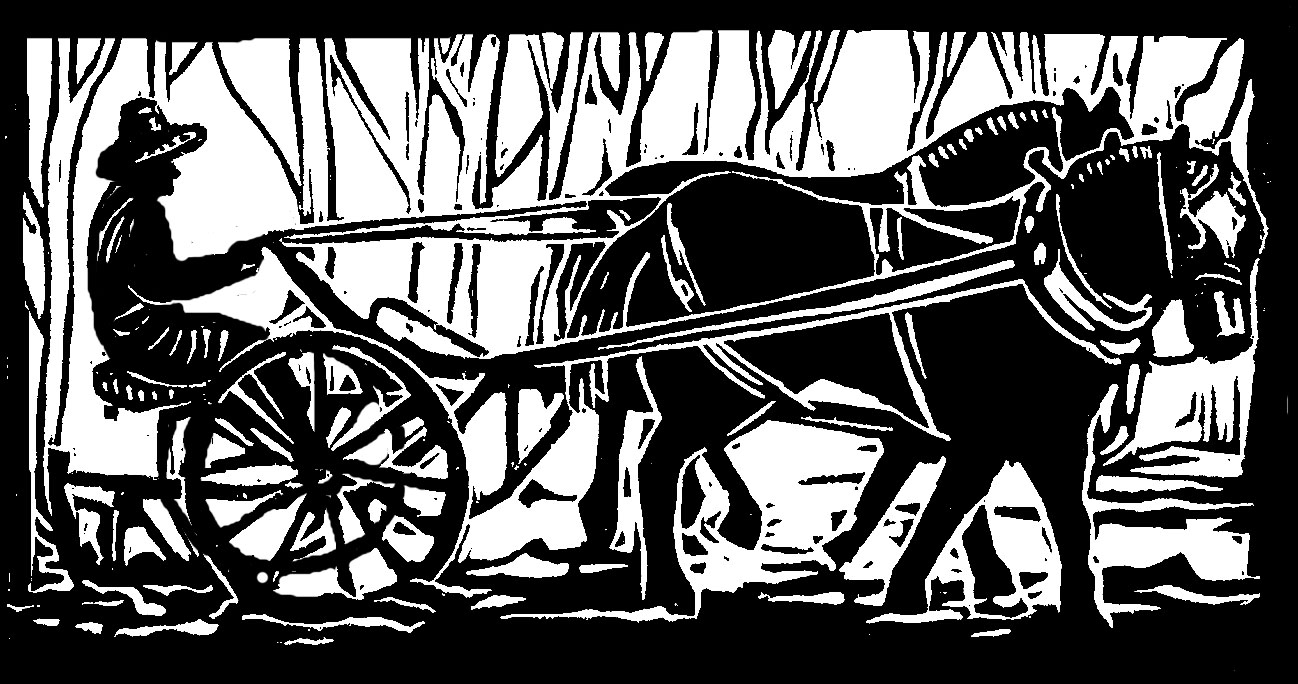Towards the end of January, I set out to visit my friend SuiSui, over in our horse pasture. SuiSui, our long-time friend and CSA member, honored us by asking if she could have her ashes on our farm someday. Someday came too soon, and that January morning was the anniversary of SuiSui’s death. We loved her, and she loved us, and she loved our farm, and we love our farm, too, mostly.
That morning I felt a little annoyed at our farm, because it was requiring me to gather financial records for our taxes, which is not my favorite thing to do. A nice walk in the snowy fields would do me good, I thought.
But the nice walk turned into a hard slog, as I went knee-deep into snow after breaking through the icy crust at every step. I had to stop three times in a hundred yards just to catch my breath. SuiSui kept waiting patiently for me, and I finally made it, and had a long talk with her about how things were going.
I was getting chilly, but I wasn’t looking forward to struggling again through the drifts. SuiSui gave me an idea: “Snowshoes!” she and the wind whispered around me, and I perked up, and trekked back.
The snowshoes are an old wooden pair, discovered when we were sorting through the piles of useful farm junk that the previous owners left. The buckles are stiff and contrary, but they work. The last time I used those buckles was when my now-22-year-old daughter was in the second grade, and she had a little pair of orange plastic snowshoes, and there was a two-hour snow delay for school. That snowshoeing was the nicest use of a two-hour delay we ever had.
This is all to say that I am not an expert on snowshoes, and the first time I fell down was when I was trying to get up from the ground after the buckling. Since the streams were still running, I didn’t want to get the snowshoes wet and attract big globs of snow or ice. I decided on the route up to the big-oak field, thinking there would be a narrow stream to cross, rather than tackling the wide stream that led up to SuiSui.
The narrow stream wasn’t as narrow as I thought, and I hugged the snowy shrubs on the bank, leaning over the water, as the shrubs poked me in the eye, and my snowshoes slithered around at an angle. But I didn’t fall in, and I made my slow snowshoe way up the big hill, with side excursions to see a nest full of snow in the bushes, and other nice things. I was happy that I wasn’t breaking through the crust. I got so warm in the sunshine that I unzipped my jacket. I went swaying and clomping along, pleased with my big adventure.
Next I went across the lane to the hayfield, which is the sunniest spot on the farm, but the snow was too soft for snowshoeing there. I had my second fall when I tried to heave me and my big feet over the stone wall. I ended up fall-crawling over the wall into the pine woods, where the snow was perfect, and I heard the chickadees, and where I zipped my coat back up. By then, I was getting a little tired, and fell some more on the rough terrain, when my snowshoes got tangled up with each other.
Then, in a perfectly satisfying conclusion to my adventure, I circled back around from the other side to visit SuiSui again. I cleverly turned my next fall into a roll under the wire fence. SuiSui was very glad to hear about my enjoyable afternoon. She said, Life’s too short for taxes. She said, Well, hurry up and get them done, and then come out again into this beautiful world.
Originally published in the Monadnock Shopper News, March 8 -
March 14, 2023
